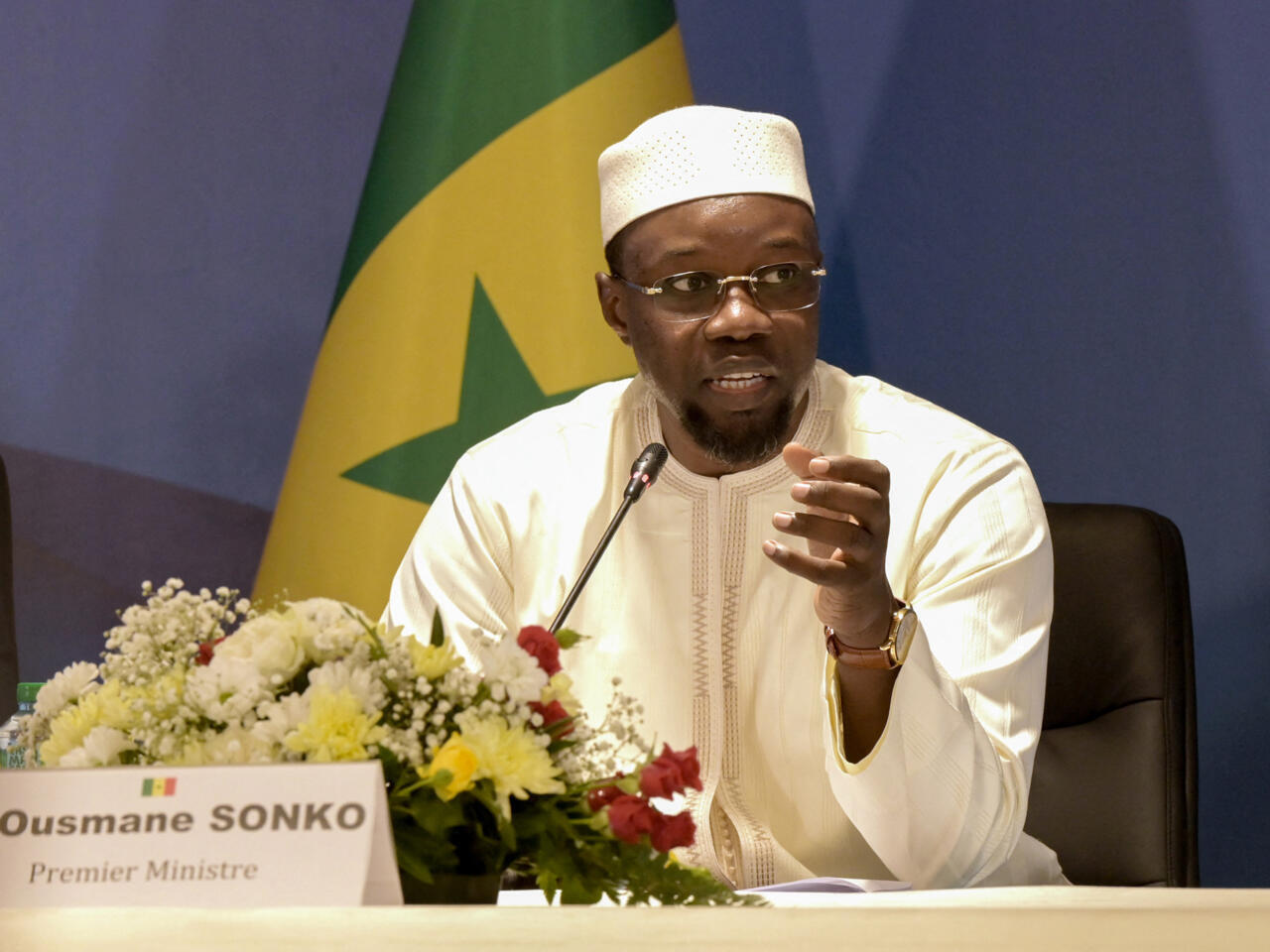
Senegalese Prime Minister Ousmane Sonko has announced an urgent national recovery plan, confronting the country’s mounting debt crisis with an appeal for reform, sacrifice, and transparency.
His address comes amid growing concern over Senegal’s fiscal health, following revelations that the country’s debt has ballooned to 100% of its GDP.
In a televised message on Monday evening, Sonko described the state of Senegal as “sick,” requiring “deep and rigorous care.”
Returning from a diplomatic mission to China, he acknowledged the enormity of the economic challenge inherited from the previous administration, which he says has frozen key infrastructure projects and undermined donor confidence.
“We are facing a wall of debt and a deficit that leaves little room to manoeuvre,” he stated, referencing the stalled Mbour–Kaolack highway project and the suspension of international financing initiatives, including those from the IMF.
But rather than yield to the crisis, Sonko laid out a plan of action. A national recovery strategy will be presented in the coming days, focusing on reducing non-essential public spending, overhauling state financial management, and restoring trust with international partners.
“This will not be a technocratic document,” Sonko said. “It will be a set of measures designed to mobilize the nation, rooted in reforms and the necessary sacrifices.”
What marks this initiative as distinct is the Prime Minister’s emphasis on citizen engagement.
Government ministers will be dispatched nationwide to explain the plan, gather feedback, and ensure policies align with grassroots realities.
This approach, Sonko stressed, is aimed at preventing the recovery from becoming an abstract concept disconnected from people’s daily struggles.
Addressing political speculation, Sonko clarified that the timing of his speech was unrelated to the Supreme Court’s recent decision upholding his conviction for defamation.
“This was a commitment made well in advance,” he said, underscoring his government’s focus on economic, not legal, matters.
Senegal now stands at a crossroads.
With trust in institutions wavering and economic pressure mounting, Sonko is betting that honesty, austerity, and direct engagement can guide the country through one of its most difficult chapters.
Whether this gamble pays off will depend not only on policy but on the government’s ability to convince the public that shared sacrifice today means stability tomorrow.



